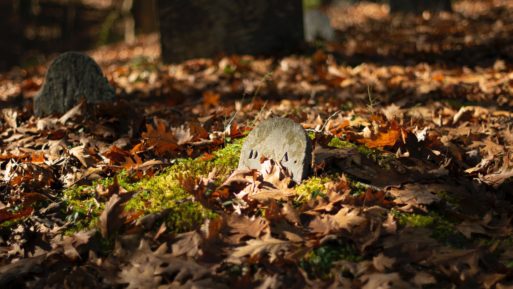 When I was fourteen, my family went on a vacation to Ireland. We drove through the much-too-small roads in a much-too-big rental car: a Mercedes van that seated ten. It sometimes felt perilous weaving through quaint little towns in a car that would have been considered oversized even in America, but that didn’t stop the elation I felt at being in Europe. My weary, jetlagged eyes stayed peeled from the moment we arrived, even though my eyelids felt as if they were weighed down by bricks.
When I was fourteen, my family went on a vacation to Ireland. We drove through the much-too-small roads in a much-too-big rental car: a Mercedes van that seated ten. It sometimes felt perilous weaving through quaint little towns in a car that would have been considered oversized even in America, but that didn’t stop the elation I felt at being in Europe. My weary, jetlagged eyes stayed peeled from the moment we arrived, even though my eyelids felt as if they were weighed down by bricks.
It was worth the fight, because I didn’t miss a single stretch of gorgeous countryside we drove through. Periodically, we’d stop and get out of the car to walk around and take pictures. I remember one of these times being when we spotted a graveyard on a bumpy little hill. There was something beautiful about it, all the gravestones mismatched and in this odd location. My dad said we should take a picture in front of it, but I wasn’t sure if I should smile- it felt wrong, being at a graveyard. In the end, we got the picture, all five of us looking a little uncertain, but happy nonetheless. It was a lovely spot on a lovely day.
I thought of that graveyard recently when I was flipping through a collection of poems by one of my favorite poets, Edna St. Vincent Millay. In one of her poems, “From a Train Window,” she talks about the beauty she sees even in mundane scenes she passes; for instance, “Precious in the January morning the shabby fur of the cat-tails by the stream” (3) and “The farmer driving his horse to the feed-store for a sack of cracked corn/Is not in haste; there is no whip in the socket” (4-5). Even in these ordinary life scenarios, there is something to be valued, to be cherished. Everything is calm and natural, not rushed along or altered. Next she mentions a graveyard that she finds delight in: “Pleasant enough, gay even, by no means sad/Is the rickety graveyard on the hill” (6-7). Millay finds the sight positive, and I think there is something to be taken away from this, in that people don’t have to associate death with sadness. Things don’t have to be so black-and-white; if death is surrounded by beauty, why shouldn’t we be allowed to enjoy the view and find it beautiful?
Millay continues, “Those are not cypress trees/Perpendicular among the lurching slabs, but cedars from the neighbourhood,/Native to this rocky land, self-sown” (7-9). The fact that the graveyard is within nature is praised by the poet, rather than disdained. She likes the fact that it is not neat and planned, or artificial. The area is authentic and natural, just like the act it encompasses. The cedars were “born” there naturally, and they too will go through their life cycle and die when they are ready to.
Not only does the graveyard’s naturalness make Millay happy, it also comforts her and makes her feel confident: “Precious/In the early light, reassuring/Is the grave-scarred hillside” (9-11). The sight is one to be savored, and one that reminds her that death is natural, and that’s okay. If the graveyard weren’t in the middle of nature, if it were in a neatly manicured lawn with evenly spaced, uniform headstones, she wouldn’t feel this way; it would take away from the encouraging aspect that death is perfectly natural, that it is supposed to happen.
The reassurance that this graveyard in the wild gives to Millay even seems to her to be echoed by the earth itself: “As if after all, the earth might know what it is about” (12). Even though death seems to be such an unknown, if we all take the initiative to accept it as a natural occurrence, it can be viewed as a comforting thing. Maybe, if we accept it as the earth did for that graveyard, we might know what it’s about too.
And so, after reading this poem, I’m glad I have a picture of me with a little smile on my face in front of a graveyard; because I, like Millay, was able to find beauty and hope in that graveyard, and maybe that means I’m a little more enlightened.

 “From a Train Window” by Edna St. Vincent Millay
“From a Train Window” by Edna St. Vincent Millay


 Forest Bathing Eases Grief by Soaking in Nature
Forest Bathing Eases Grief by Soaking in Nature
 The Spiritual Symbolism of Cardinals
The Spiritual Symbolism of Cardinals
 Meaning-Focused Grief Therapy: Imaginal Dialogues with the Deceased
Meaning-Focused Grief Therapy: Imaginal Dialogues with the Deceased














